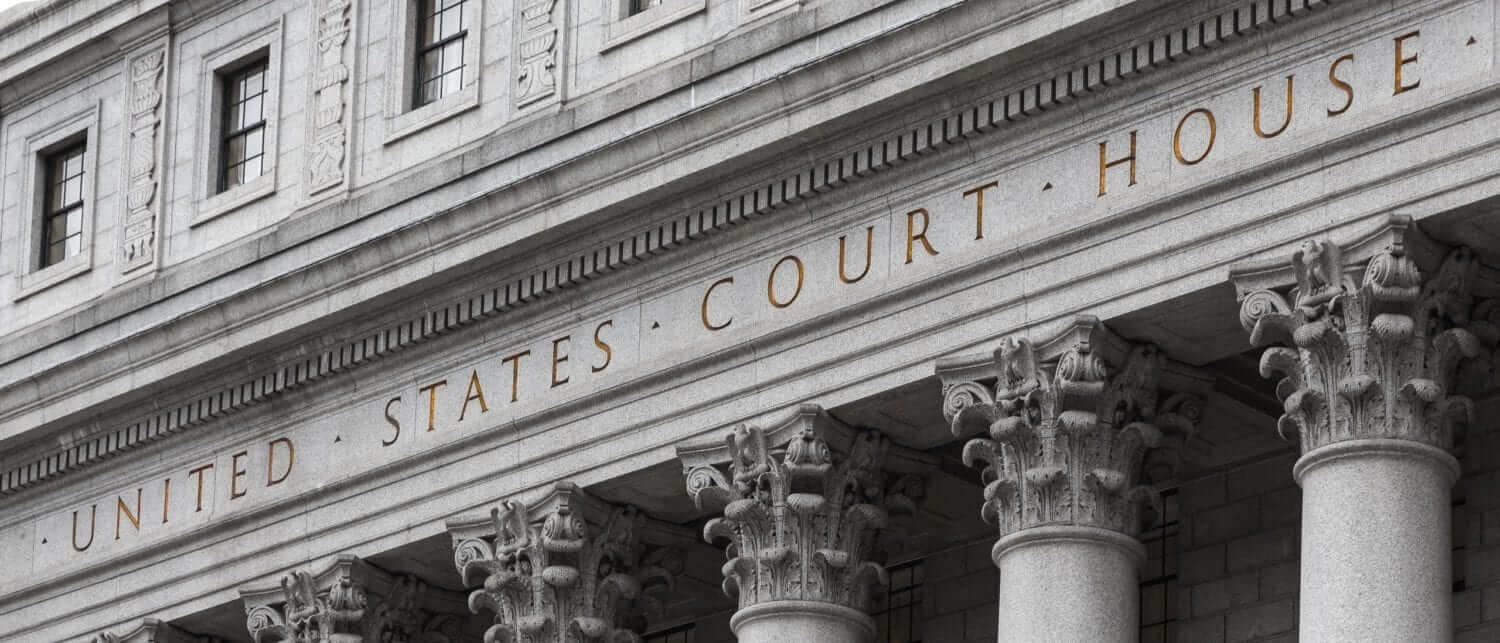
What Is Federal Embezzlement?
Embezzlement is a crime where an individual has lawful access to any type of property (not just money), and then turns around and misappropriates, or misuses, those assets for a wrongful purpose. The best way to think of embezzlement is that it’s a crime involving a breach of trust. Many times, this crime occurs when a person who is entrusted to provide expert services, such as accountant or financial advisor, uses his or her special skills coupled with unsupervised access to enrich him or herself.
An extremely common example is when an accountant for a large corporation is caught “skimming money” from the company, and using his accounting knowledge to cover up the missing money in the books. Embezzlement becomes a federal crime when it involves theft against a federal government agency, or businesses who have access to U.S. government property, or have received taxpayer funds.
The most common example of this is where a company or individual misappropriates federal funds designated for a certain event, for example disaster relief or monies paid out to business through a government assistance program.

How Does The Government Prove Embezzlement?
The crime of embezzlement is written into federal law and there are a number of statutes, 18 U.S.C. §§ 644-670, that address various types of embezzlement. In order to prove a case of embezzlement, the government must prove, beyond a reasonable doubt the following basic elements:
- There was a trust or fiduciary relationship between the defendant and the rightful owner;
- The property came into the possession or care of the defendant by virtue of his or her employment;
- The defendant’s dealings with the property constituted a fraudulent conversion to his or her own use; and
- The defendant acted with the intent to deprive the owner of the use of his or her property.
It is important to note that although a defendant must have the intent to take the owner’s property, it is not required that the defendant intend to break the law. This means that even if the defendant intends to return the property, his or her action is still illegal. The return of the property by the defendant is not a defense to embezzlement.
Another important point to note is that to sustain a claim of embezzlement, the “trust” factor must be satisfied. This means that the accused must have been “entrusted” with the embezzled property, otherwise they cannot be charged with embezzlement under federal law. Because federal law does not define “entrusted property”, federal courts must look to state law to determine whether a person holds a property in “trust.” Like every other federal crime, embezzlement will turn upon specific facts and so it is extremely important to have an attorney in your corner that knows how to develop the proper facts that can make the difference between an acquittal versus a conviction.

Examples Of Embezzlement
There are several scenarios in which a person can be found guilty of embezzlement, some obvious, some not so obvious. For example, a government contractor who wrongfully transports government materials from one place to another could be charged with embezzling property.
Additionally, an employee who works at the Federal Reserve Bank who wrongfully steals Federal Reserve funds could be prosecuted for embezzlement. Another scenario that could be covered under the federal embezzlement laws would be a medical insurance administrator wrongfully takes premiums paid by the company’s employees for his or her own use.
Embezzlement can often overlap with other federal crimes as well. An example of this would be if a federal employee stole money or records to use them for their own benefit and did so by using the computer or telephone. Under this scenario a federal prosecutor could charge the employee with embezzlement, wire fraud, or both.

Penalties For Embezzlement
Federal embezzlement charges can come in the form of a misdemeanor or a felony. Misdemeanor embezzlement charges carry fines up to $100,000 and up to one year in prison. Felony charges carry fines of $250,000 and up depending upon the amount embezzled, and up to 30 years in prison. Typically an individual can expect to face felony charges if the amount embezzled is over $1,000. When embezzlement involves more than $250,000, a person can face particularly serious felony charges.
Federal embezzlement cases can be long, complicated and involve sophisticated accounting, banking and auditing principles. If you’ve been charged with embezzlement, you will need lawyers who know the federal system, and who can carefully review all of the evidence in your case.

THE KEY TO A FIVE STAR DEFENSE
The law is very nuanced. Federal prosecutors have almost unlimited advantages and resources at their disposal. Having attorneys on your team that understand the law, keep abreast of legal developments in the law, have the experience dealing with the complexities of federal statutes and, finally, possess the skills to stand before a jury to make a compelling case on behalf of a client are not just important qualities, they’re critical. At The Federal Defenders. we pride ourselves on being advocates for our clients. With decades of experience with all variety and manner of federal criminal issues and defenses, we understand what it takes to put our clients in a winning position. For a free and confidential consultation, call us today at (800) 712-0000. Just like our toll-free number, we operate nationwide.


 ADVOCACY EXPERIENCE RESULTS
ADVOCACY EXPERIENCE RESULTS